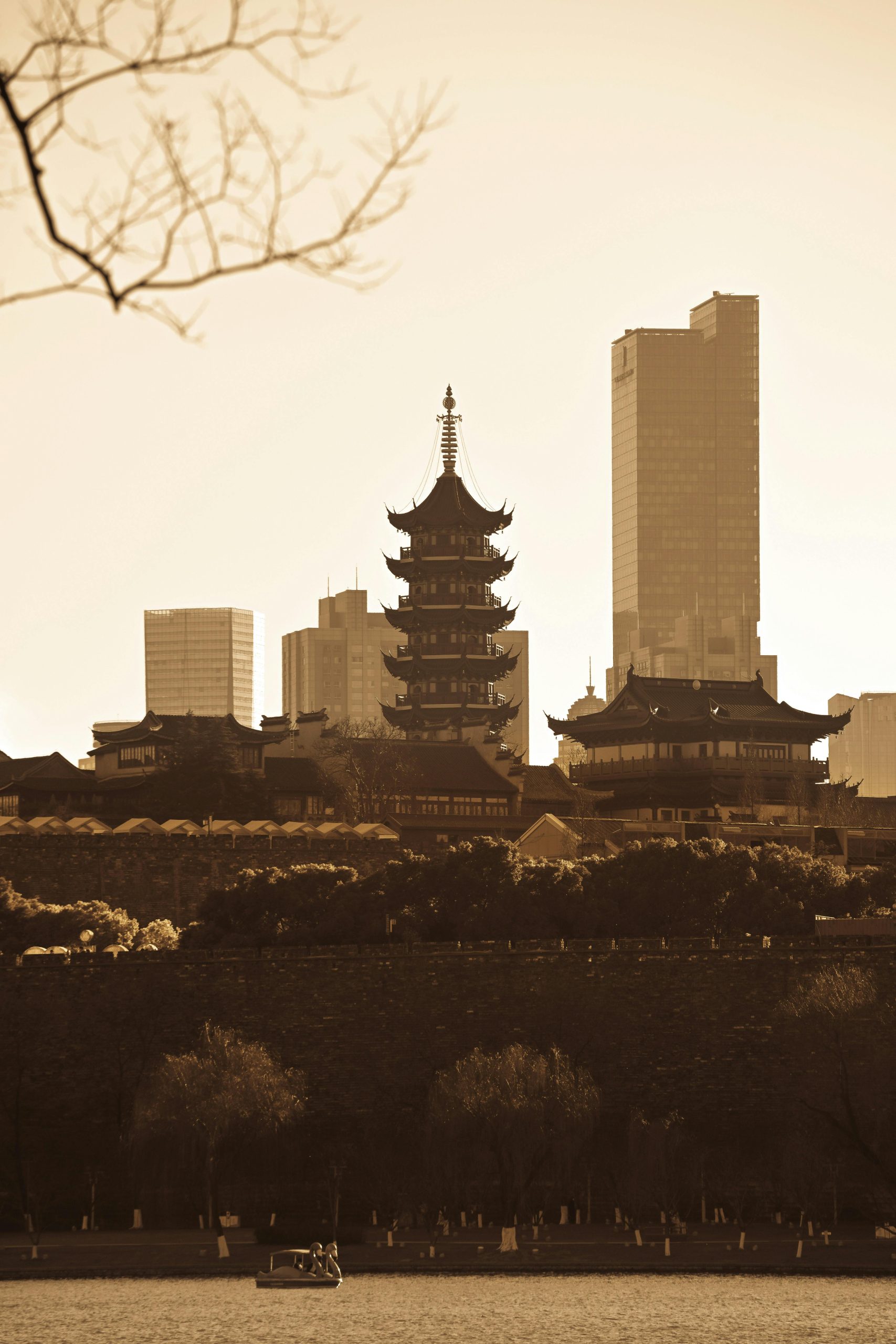The Rise of Money Over Nobility: A Call for a New Kind of Leadership
In recent history, societies have witnessed a dramatic transition from traditional power structures, such as monarchy and nobility, to a new hierarchy dominated by merchants, bankers, and financial elites. This shift raises vital questions about the nature of leadership and governance in our modern world.
Historically, the noble classes of Europe and beyond were often portrayed negatively, particularly by movements that sought to overthrow established rulers. Hollywood has played a significant role in perpetuating this demonization, portraying monarchy and nobility as the root of societal problems. This narrative was particularly exploited by groups like the communists and Bolsheviks, who painted the aristocracy as responsible for widespread distress, thus inciting public support for their downfall.
As a consequence, we have moved away from age-old governance systems anchored in tradition and familial bonds, replacing them with a system largely governed by financial interests. Although cloaked in the facade of democracies and republics, this new order primarily serves the agenda of money. Politicians, media figures, and institutions that are meant to act as watchdogs are often swayed by financial motivations.
To put it plainly: we have swapped out our kings for a new breed of leaders driven by profit.
In this contemporary landscape, nations have become mere economic units, their borders seen as obstacles to global commerce rather than cherished cultural havens. How did we arrive at such a paradoxical situation?
The greedy, profit-driven banker or merchant should not reside at the helm of a nation. It’s akin to placing a fox in charge of the henhouse—an arrangement fraught with peril.
So, what does the future hold? Is simply reinstating a corrupt nobility a viable answer? While it’s unrealistic to resurrect the traditional noble class overnight, we must acknowledge that even the nobility of the past was not immune to corruption—especially as financial power began to overshadow their more noble pursuits.
A true noble, however, is defined by their commitment to the welfare of their people and culture, resisting the seductions of self-interest and financial gain. The decline of nobility often begins when personal gain supersedes their societal responsibilities.
What we urgently need is a cultural shift—a concerted effort to recognize and foster a new form of leadership, one that is truly noble not just by birthright, but in character and intention. This new nobility should consist of individuals who display courage, loyalty, and integrity



